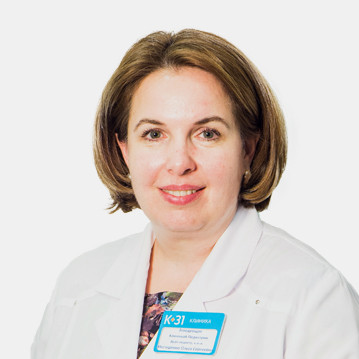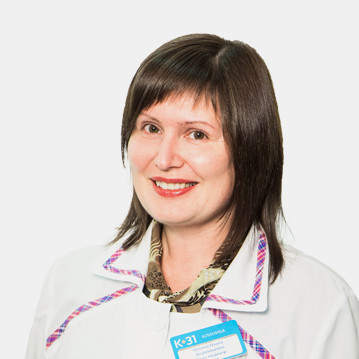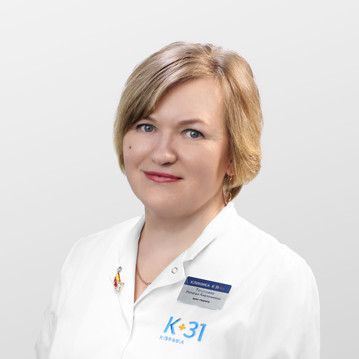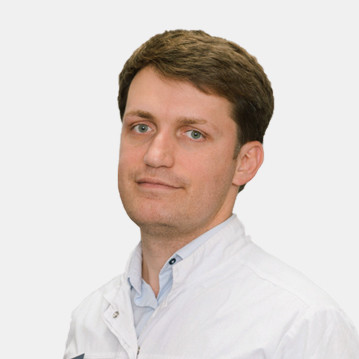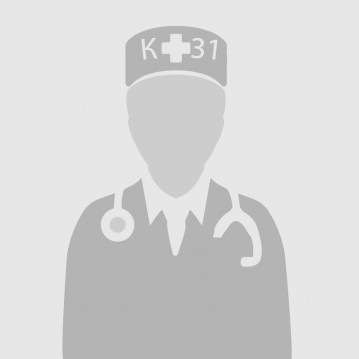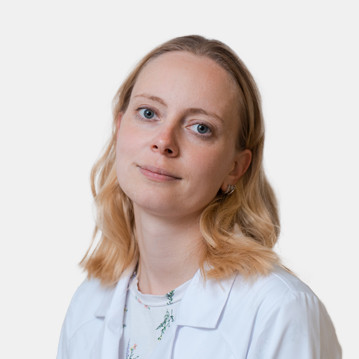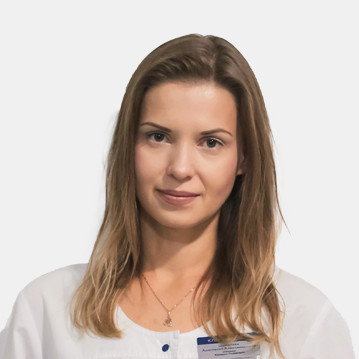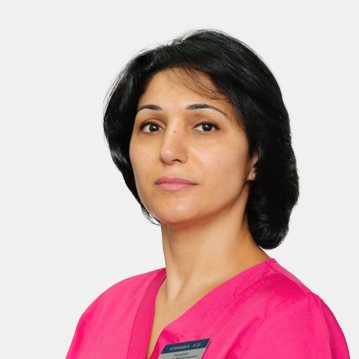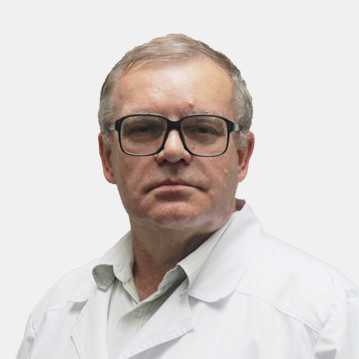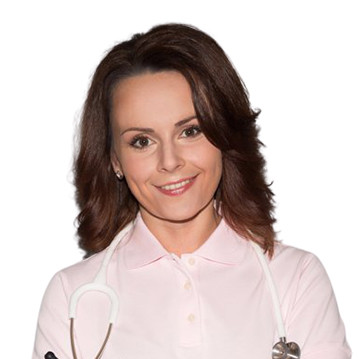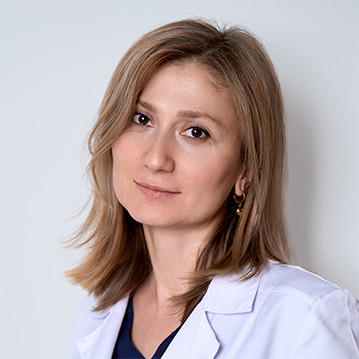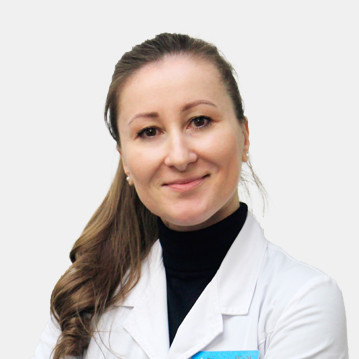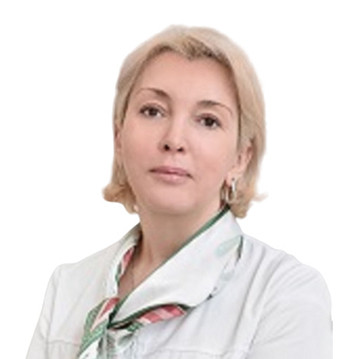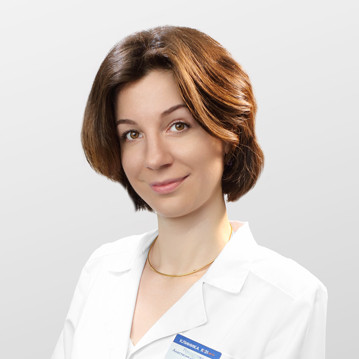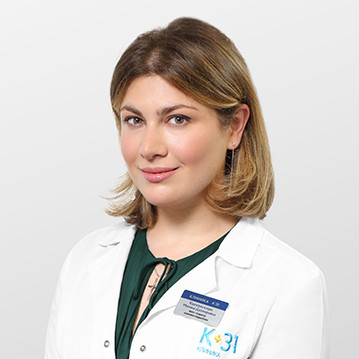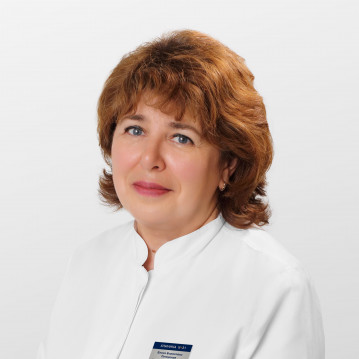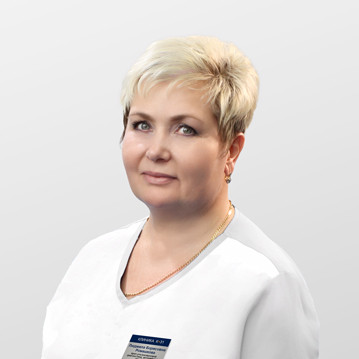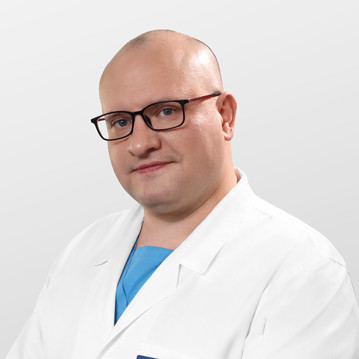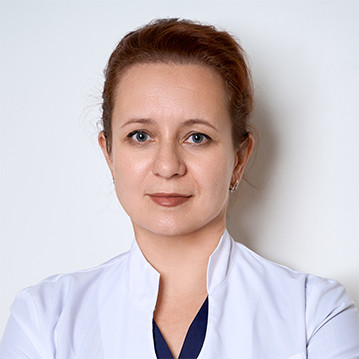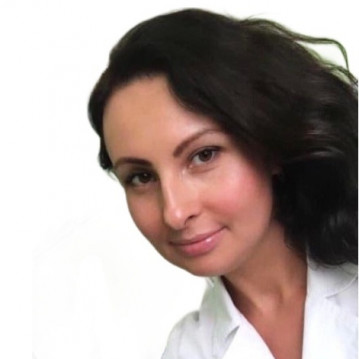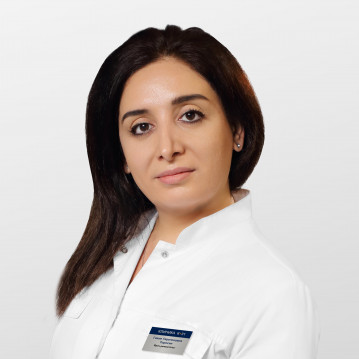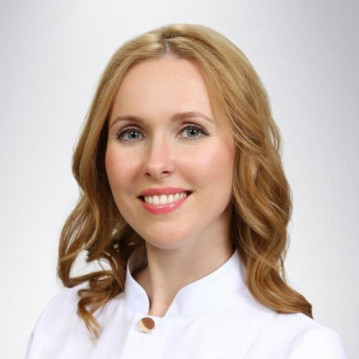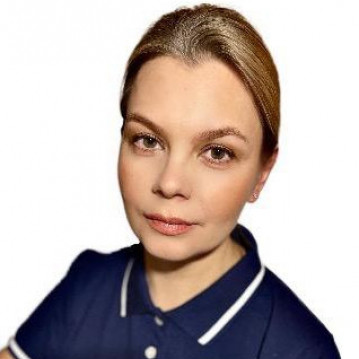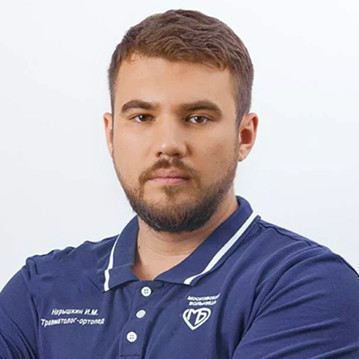
Psychiatry is a branch of medicine that studies disorders of the human mental functions and, as a result, their objective perception of reality. Child psychiatry has a special place in medical science and is one of the most complex industries. The occurrence of mental disorders in children often occurs suddenly and for no apparent reason. In addition, parents often do not notice mental disorders in the development of the child or are simply embarrassed to share their worries with a specialist. The situation is aggravated by the fact that children are far from always able to realize and formulate their complaints or do not admit their fears so as not to cause condemnation from their parents or friends. At the same time, as a result of inaction, a problem can be launched, and solving it at a later stage will be much more difficult.
Features of child psychiatry
The child’s body is constantly in the process of physical and psychological maturation, and the first symptoms of mental illness often occur in age-related crisis periods. The mental state of the child also depends on the course of pregnancy and childbirth in the mother, hereditary factors, the presence of certain somatic diseases, the influence of the social situation, family atmosphere, methods of education, and much more.
Age crises in children occur at an age when there is an intensive restructuring of the biological and social functioning of a person, the next stage of human development begins with new behavioral aspects and demands from society.
Modern science identifies the three most crisis ages in children: 3, 7, 12-15 years. Each of these periods is characterized by irritability, excessive moodiness, and disobedience of the child.
Moreover, in child psychiatry there is a certain distinction between age categories. Normal events for a baby up to three years of age can be considered a pathology at a later age (for example, urinary incontinence, speech impairment, etc.).

